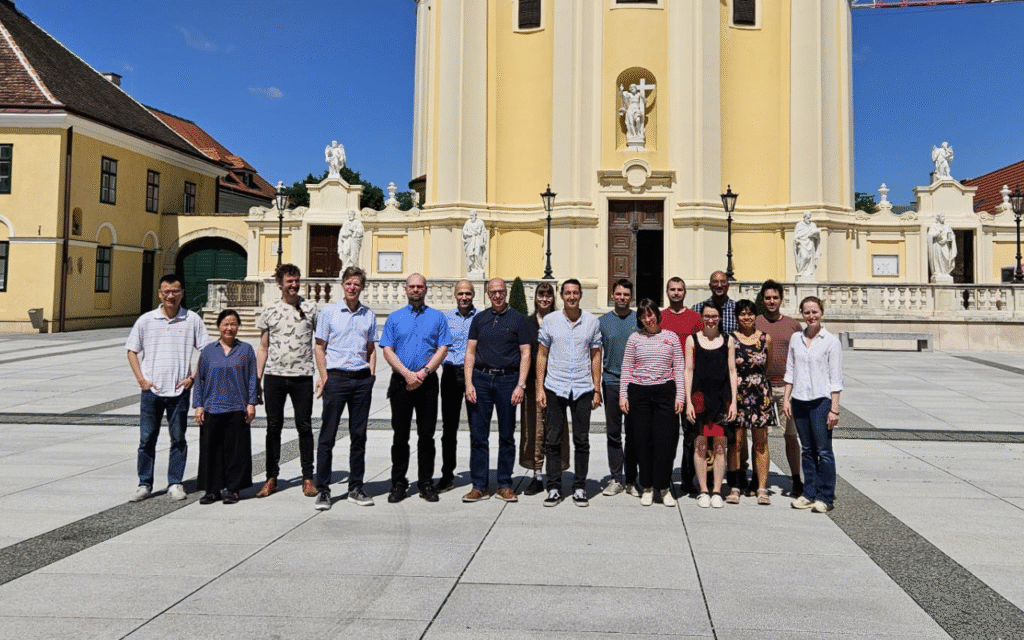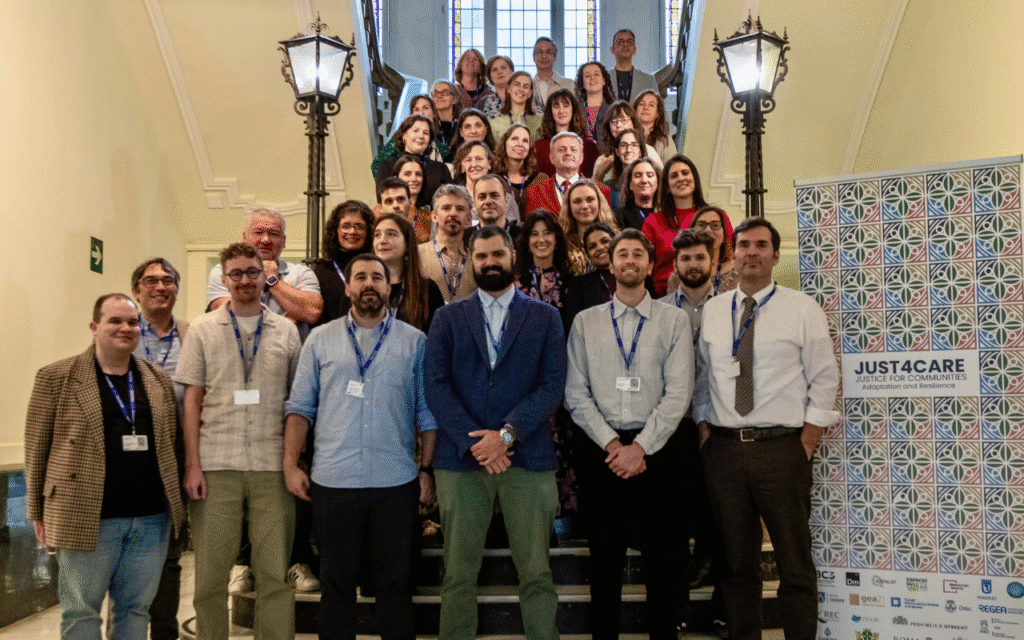A new scientific article led by Ken Bagstad, research economist at the U.S. Geological Survey (USGS) and Ikerbasque researchers at BC3, highlights the urgent need for better interoperability in ecosystem services research. Published in Ecosystem Services, this study also includes valuable insights from a diverse group of co-authors, reflecting a wide range of expertise in ecosystem services and related fields. Together, the authors explore how semantic technologies and machine reasoning can make ecosystem services assessments more efficient, scalable, and useful for decision-making. Contributors include researchers from institutions such as Senckenberg Society for Nature Research, CzechGlobe, Nagoya University, VITO remote sensing and many more.
To tackle today’s urgent sustainability challenges, we must bridge fragmented knowledge systems. This paper shows how interoperability – through shared semantics, machine-readable data, and AI-powered reasoning – can transform ecosystem service science into a scalable, actionable force for better decisions.
Zuzana Harmáčková, Head of the Department of Social-Ecological Analysis, CzechGlobe
Ecosystem services research integrates data, models, and knowledge from multiple disciplines. However, a lack of shared definitions, data formats, and modelling standards has led to fragmentation. Existing repositories make data findable and accessible, but they do not always ensure interoperability, the ability to connect and use data seamlessly across platforms. Without interoperability, integrating ecosystem services models remains slow and inefficient. The paper outlines key challenges, including:
- Diverse research methods and terminology. Scientists use different definitions, making it difficult to align data and models.
- Limited adoption of machine-readable, semantically enriched data. Data is often structured for human use, not automated integration.
- A gap in widely accepted ontologies and metadata standards. Existing standards are not always applied consistently across disciplines.
To overcome these barriers, the authors propose creation of a broad and inclusive community of practice addressing interoperability for ecosystem services. Such a group could advance more consistent use of ontologies, metadata standards, and machine reasoning. Ontologies provide shared definitions for ecosystem services concepts, ensuring models use consistent meanings. Machine reasoning allows AI-driven selection of models and workflows, helping researchers integrate the best available knowledge without manual intervention. These solutions align with the FAIR principles (Findable, Accessible, Interoperable, and Reusable), which promote more transparent, reusable, and connected ecosystem services science.
Achieving interoperability in ecosystem services research is not just a technical challenge—it is essential for scalable and effective environmental management. By improving how we connect and use data, we can significantly enhance our ability to address complex environmental issues.
Aidin Niamir, head of the international science-policy unit at Senckenberg Society for Nature Research.
Our research provides a clear roadmap for adopting machine-actionable data, semantic clarity, and AI-driven modelling. These approaches will transform ecosystem services science, making it more integrated and responsive to the needs of policymakers and practitioners.
Stefano Balbi, ARIES modelling lead
Strengthening interoperability allows researchers to build multi-scale assessments, support evidence-based policies, integrate indigenous knowledge, and foster collaboration across disciplines. The paper calls on the ecosystem services research community to adopt shared standards, improve semantic integration, and work together to build a more connected field.
These findings resonate deeply with ARIES’s vision for AI-powered, interoperable environmental modelling. Projects like ARIES for SEEA (System of Environmental-Economic Accounting) exemplify this commitment, creating a flexible framework for ecosystem services assessment. This work underscores the transformative potential of interoperability in ecosystem services science, providing a roadmap for adopting machine-actionable data and AI-driven modelling to elevate sustainability assessments and decision-making.
Dive into these critical insights and discover how interoperability can revolutionise ecosystem services research by reading the complete paper.



